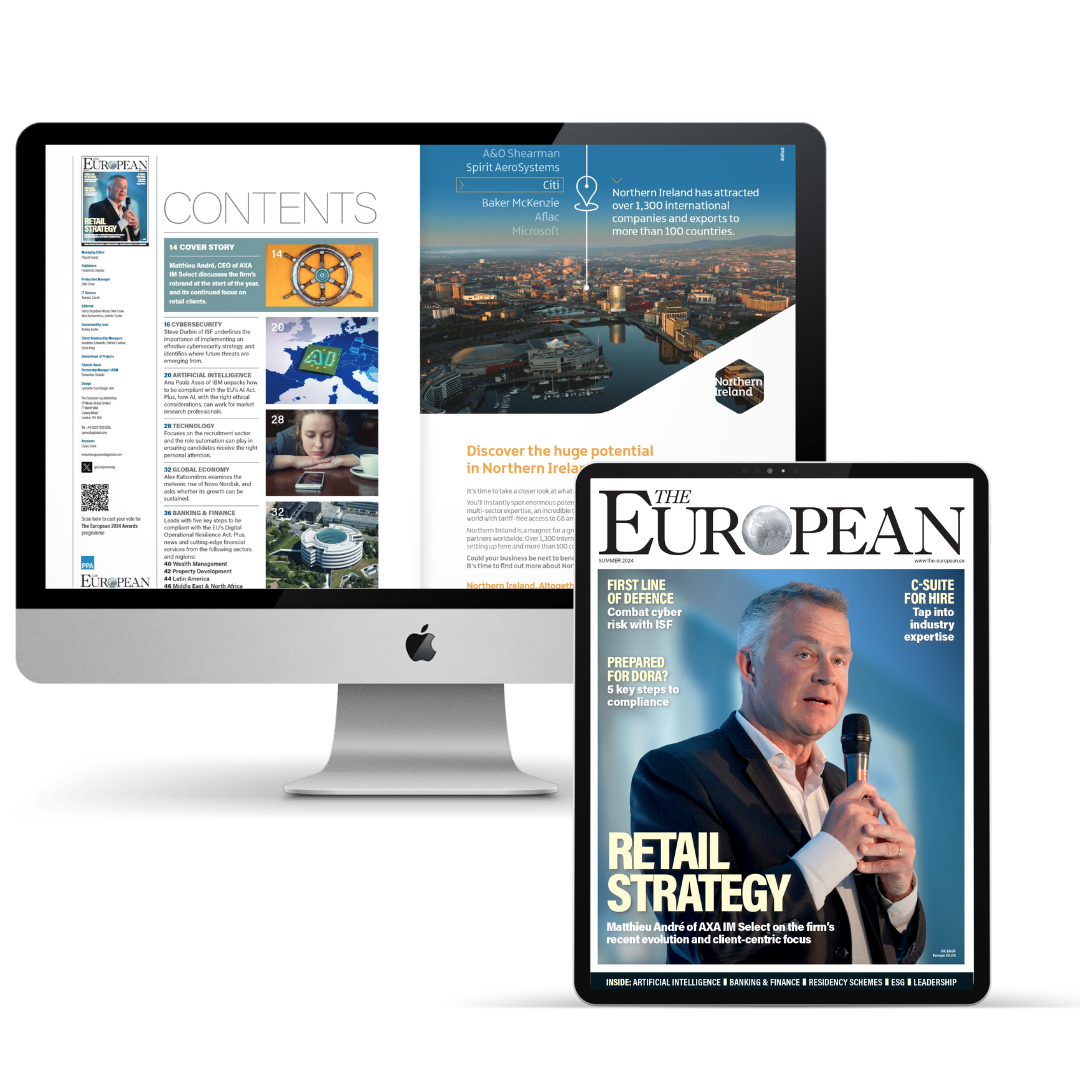It is difficult to determine any country’s economic statistics because there are many publishing sources, most of them stating different figures for the same economic indicator/s. However, if GDP is set as a baseline indicator, then Italy ranks among the top ten economies of the world. The country’s GDP for the year ended 2018 was €1,753bn (Source: Italian National Institute of Statistics-Istat).
The GDP figure and the global economic ranking give a 30,000-foot view of a country’s economy. The ground reality is always different. Two things that help in determining the direction of a country’s economy are political stability and good governance. Unfortunately, Italy has a fragile political environment and no one can remember when the country was last known for its good governance.
Last year (March 2018) Italy held its general elections after which Giuseppe Conte, a law professor, with no political experience was sworn in as the Prime Minister of Italy. As if this was not enough, Conte’s academic career too became controversial with critics claiming that he had no direct relationship with the institutions where he used to work.
Conte’s political party, Five Star Movement and its right-wing ally, League are Euro-skeptic and have displayed their anti-EU sentiments frequently, which has angered the European Union.
Since coming to power, the Italian ruling coalition has been struggling to run the country but has not changed its anti-establishment views. Italy’s worsening economic situation is evident from its rising public debt.
CNBC business news (7 Feb 2019) quotes the Vice president of the European Commission, Valdis Dombrovskis, saying,
“Fragility in Italy’s economy needs to be addressed. Given the high level of Italy’s public debt, and Italy has the highest debt-to-GDP (gross domestic product) ratio in the EU after Greece, it’s important that Italy puts its debt-to-GDP ratio on a downward trajectory. And this is something which we have (been) consistently emphasising and we think that this is important. Italy’s debt pile of €2.3tn first and foremost, is (it’s) a risk factor for Italy itself, but one that needs to be addressed”.
The European Union’s concern is genuine. Italy contributed 11.2 percent (4th largest) to Europe’s GDP (Source: ec.europa.eu) in the year 2017. The decline of Italian economy will affect the bloc‘s GDP.
Banca Carige SpA (Italy)
Italy’s financial sector was and still is in a mess. Banca Carige SpA is the latest victim of Italy’s troubled banking sector.
Reuters business news (2 January 2019) reports,
“The European Central Bank appointed three temporary administrators on Wednesday to take charge of Italy’s Carige Bank in an unprecedented effort to save the struggling lender after it failed to raise new capital”.
Italy’s economic situation is grim. The reckless attitude of the country’s inexperienced politicians concerns the European Union, which is already battling with the slow-down in global economic growth.
China: One Belt One Road (OBOR)
In the 16th century, Britain began its quest for global colonisation. The British Empire at its peak had many countries and territories under its control. The famous line, the sun never sets on the British Empire, manifested Britain’s dominance over the world.
In the 21st century, China is aiming for what the British did in the past. The communist state is also following the same strategy the British had adopted; to create hegemony by taking an unfair advantage in trade with other countries.
One Belt One Road (OBOR) project of China is a grand scheme. Dubbed as the “21st Century Silk Road”, OBOR has 6 corridors which cover over 60 nations. It connects China to other Asian countries, the African continent, Russia and adjoining states and Europe.
OBOR’s political and economic ambitions became clear a direct freight train reached the UK bringing Chinese goods for the very first time. The train’s journey started in Yiwu City in China (on 3 January 2017) and after crossing Kazakhstan, Russia, Belarus, Poland, Germany, Belgium and France ended at Barking rail terminal in East London. The freight train covered the 7,456-mile distance in 17 days.
For America, OBOR is a direct challenge to its political and economic might. The European Union is also cautious of this project; having laid down conditions which if not met by China will put this project in jeopardy.
In the guise of OBOR China is investing in infrastructure projects (ports, highways, power projects, etc.) those underdeveloped or developing countries that are themselves a part of the One Belt One Road project. These countries may hope to see the benefits of Foreign Direct Investment (FDI), but they cannot judge China’s geopolitical manoeuvres and the ultimate effects of their decision. When payback time comes, these countries cannot fulfil their debt obligations. China forces these countries to relinquish their critical assets. Zambia had to give its Kenneth Kaunda Airport and the ZESCO Power plant, Sri Lanka lost its Hambantota Sea Port, and many other countries are waiting in the line to offer their assets to the Chinese against defaulted debts.
Latest Development
Reuters business news (6 March 2019) reports,
“Italy is negotiating a preliminary deal to become a part of China’s giant ‘Belt and Road’ infrastructure plan to boost trade, a government official said on Wednesday, in a move that could upset the United States”.
China’s President Xi Jinping will visit Italy on March 22 and 23. Michele Geraci, Italy’s Junior Industry Minister, says,
“We are still negotiating the details of the MOU (memorandum of understanding) and it might, or might not be signed. It is an initial framework. It is not a contract, there are no commitments, and there are no funds and no obligations”.
The Financial Times quoted Garrett Marquis, White House National Security Council spokesperson, saying,
“We view BRI as a ‘made by China, for China’ initiative”.
The White House’s statement shows America is not pleased with the Italian overtures of friendship with China.
Italy’s stance is that any MOUs’ with China (if signed) will be to benefit its dwindling economy.
European Union and OBOR
The EU has clarified it will support and allow OBOR only if China fulfils its promise of OBOR to be an open platform for trade providing all partners an equal opportunity to do business. The EU will not tolerate and permit the Chinese to have unilateral benefit.
Outlook: Italy
The European Union should pay close attention to the Chinese president’s visit to Italy. The Italians are not listening to or cooperating with the EU, despite their economic woes. One reason for this immature behaviour of the Italian politicians is that the ruling coalition came into power by promising its voters independence from the EU’s interference in the country’s politics and economy. It is possible that in their childish defiance with the EU and desperation to bring the country’s economy on track the Italian government might sign any unfair trade deal with the Chinese.
Outlook: European Union
The European Union has adopted a smart approach and has kept the Chinese ambitions in check. However, on the diplomatic front, it will have to make lots of efforts to convince the US administration that its ties with China are only for economic development of the bloc.






